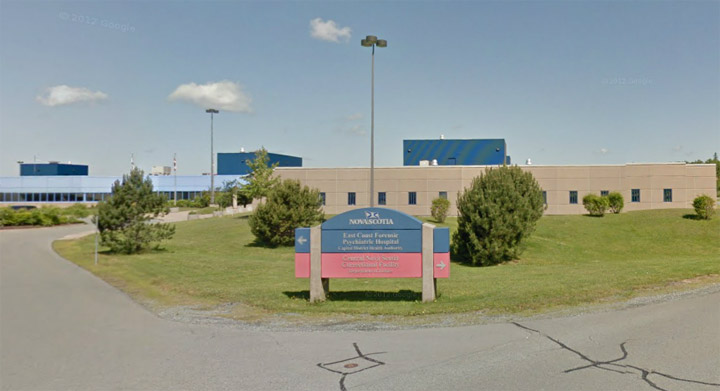A tender has been issued by the province of Nova Scotia asking for proposals for full-body transmission X-ray scanning systems, or body scanners, to be used in the province’s correctional facilities.

Details of the tender show the contract would be for a period of two years with the possibility of extensions up to a total of 10 years.
Asked what prompted the decision to issue a tender for scanners, Department of Justice spokesperson Sarah Gillis said it was “about keeping drugs and other risks to offenders and staff out of our facilities.”
“Smuggling of contraband into correctional facilities is an ongoing issue across the country,” she said in an emailed statement. “The health and safety of the men, women and young people in our custody — as well as our staff — is a significant responsibility.”
She said the types of risk can include opioids and potentially lethal drugs like fentanyl. Naloxone, the drug which can temporarily block the effects of an opioid and slow down a potential overdose, has already been made available to staff should a medical emergency arise.
READ MORE: Nova Scotia correctional facility remains in lockdown after dispute
Nova Scotia Government and General Employees Union (NSGEU) president Jason MacLean said the union had been asking for scanners about five years, but he said the province had told them it was “cost-prohibitive.”

Get breaking National news
With news a tender has been issued, MacLean said it’s a “walk down the right path,” but he’s cautious because he said a tender doesn’t mean it will actually happen.
The scanners will be placed into all five correctional facilities in the province. The tender states one of the facilities is considering purchasing two scanners.
Deadline for proposals is Oct. 12, 2017, however, the tender states that companies interested in bidding must visit each correctional facility Sept. 6 to Sept. 8. Those companies that do not attend the site visits will be disqualified.
Companies will be put through three stages of evaluation and negotiation including rated criteria after proposals are received. In the third stage, companies which meet the criteria will then be evaluated for submitted pricing.
Following these stages, one company will be shortlisted and then must hold an on-site demonstration and testing of the proposed body scanner. Representatives from the province will attend the company’s location in Canada or the U.S. within 20 days of notification to evaluate the system.
The testing requires the company to show how the system operates and then provide images of the scans to the evaluators. The demonstration and testing will be a pass or fail, and should the company fail, they will not receive further consideration in the process.
READ MORE: N.S. jails to provide overdose treatment Naloxone to frontline staff
Once the final evaluation stage is complete, the company with the highest score will be chosen to enter into an agreement.
The anticipated start of the agreement is approximately two months from the submission deadline.
Should the agreement be reached, MacLean said there would be some benefits to it.
But he said the union plans to meet with the government about the scanners to find out information, including how the scanners would be implemented, and whether there would be training in use as well as for electricians and other employees needed to fix the machines or if it would be done by the company.
They also hope to find out standard operating procedures for the machines, and if there is an intention to replace staff if the machines are installed.
Gillis said “this technology” is not in any of the province’s correctional facilities at this time.








Comments